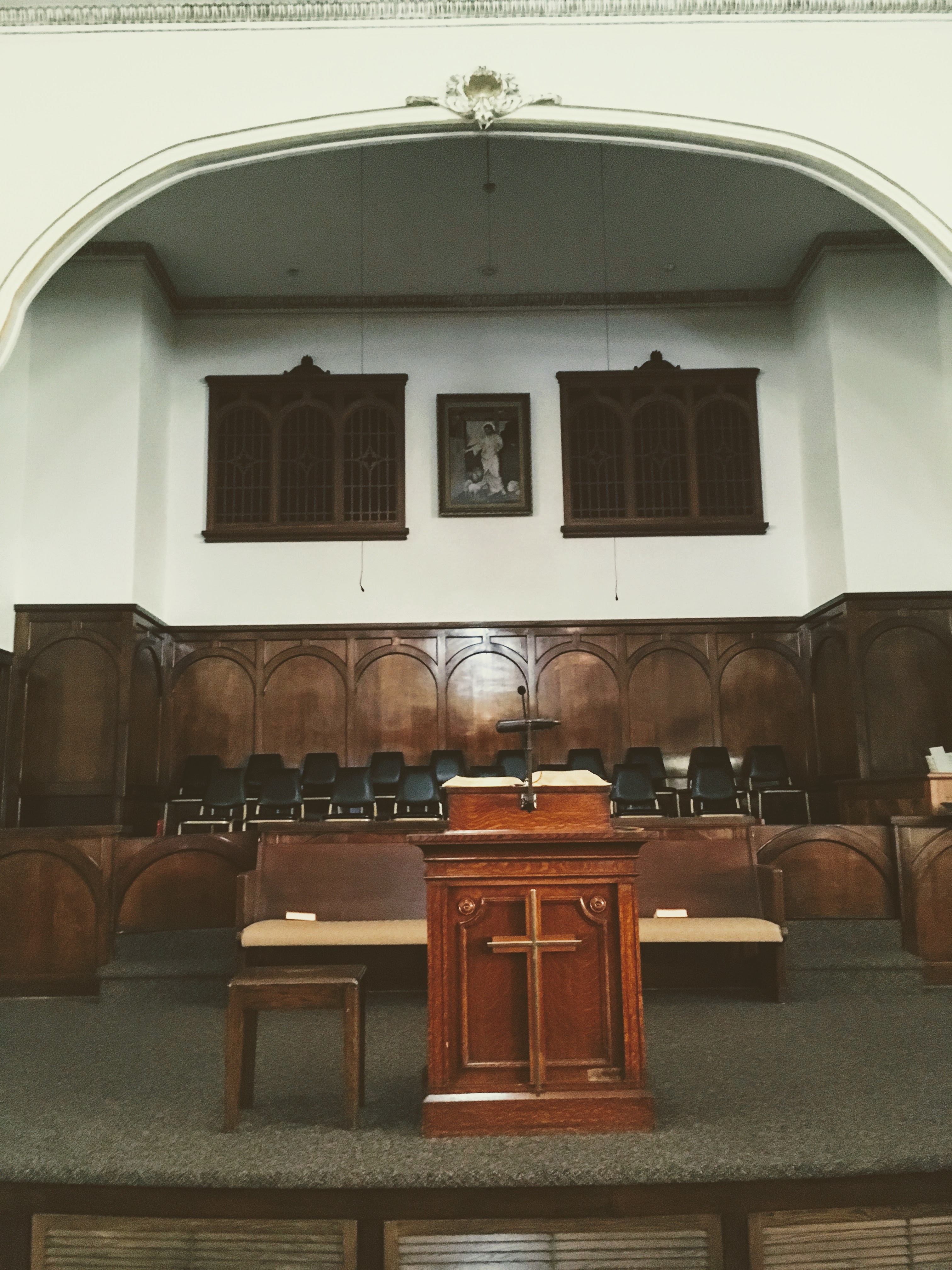Because we’re not worshiping together today, here are some thoughts from the message I was planning — Who Do Quakers Say Jesus Is?
Scripture: Colossians 1:15-20, NRSV
15 [The Son] is the image of the invisible God, the firstborn of all creation; 16 for in[h] him all things in heaven and on earth were created, things visible and invisible, whether thrones or dominions or rulers or powers—all things have been created through him and for him. 17 He himself is before all things, and in[i] him all things hold together. 18 He is the head of the body, the church; he is the beginning, the firstborn from the dead, so that he might come to have first place in everything. 19 For in him all the fullness of God was pleased to dwell, 20 and through him God was pleased to reconcile to himself all things, whether on earth or in heaven, by making peace through the blood of his cross.
From the beginning of Quakerism
“George Fox (July 1624[2] – 13 January 1691) was an English Dissenter, who was a founder of the Religious Society of Friends, commonly known as the Quakers or Friends. The son of a Leicestershire weaver, he lived in times of social upheaval and war. He rebelled against the religious and political authorities by proposing an unusual, uncompromising approach to the Christian faith” (https://en.wikipedia.org/wiki/George_Fox).
When Fox was in his early twenties, he struggled. “… I was tempted almost to despair,” he wrote in his journal (p. 4). “I was about twenty years of age when these exercises come upon me, and some years I continued in that condition, in great trouble…. And I went to many a priest to look for comfort but found no comfort from them” (p. 4).
Now after I had received that opening from the Lord that to be bred at Oxford or Cambridge was not sufficient to fit a man to be a minister of Christ, I regarded the priests less, and Looked more after the dissenting people. And among them I saw there was some tenderness…. But as I had forsaken all the priests, so I left the separate preachers also, and those called the most experienced people; for I saw there was none among them all that could speak to my condition. And when all my hopes in them and in all men were gone, so that I had nothing outwardly to help me, nor could tell what to do, then, Oh then, I heard a voice which said, ‘There is one, even Christ Jesus, that can speak to thy condition’, and when I heard it my heart did leap for joy. Then the Lord did let me see why there was none upon the earth that could speak to my condition, namely, that I might give him all the glory; for all are concluded under sin, and shut up in unbelief as I had been, that Jesus Christ might have the pre-eminence, who enlightens and gives grace, and faith, and power. Thus, when God doth work who shall [prevent] it? And this I knew experimentally. (Fox, Journal, p. 11)
Fox saw Jesus as the one who can speak to us at our point of need, the One who enlightens and gives grace and faith and power.
Query
The Religious Society of Friends is rooted in Christianity and has always found inspiration in the life and teachings of Jesus. How do you interpret your faith in the light of this heritage? How does Jesus speak to you today? Are you following Jesus’ example of love in action? Are you learning from his life the reality and cost of obedience to God? How does his relationship with God challenge and inspire you? (https://qfp.quaker.org.uk/chapter/1/, 1.02.4)



